Coyotes believe Grossmann’s shut-down style still has place in NHL
Sep 20, 2015, 1:37 PM
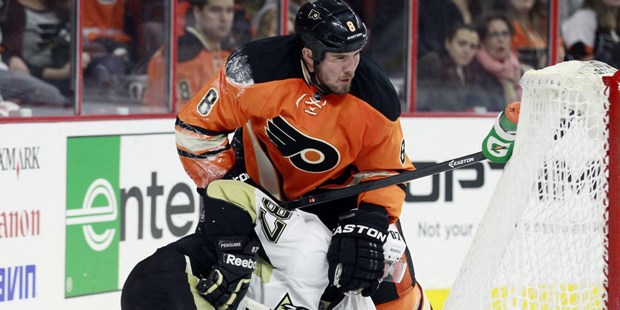
Philadelphia Flyers defenseman Nicklas Grossmann holds Pittsburgh Penguins' Sidney Crosby down on the ice behind the net in the third period of an NHL hockey game, Sunday, April 5, 2015, in Philadelphia. The Flyers won 4-1. (AP Photo/Tom Mihalek)
(AP Photo/Tom Mihalek)
GLENDALE, Ariz. — Two things come to mind when you first see Coyotes defenseman Nicklas Grossmann. First, he’s as thick as an NFL lineman, a seeming stereotype of good Scandinavian breeding. Two, you can’t imagine anyone moving him against his will.
“He’s a big teddy bear off the ice but he’s a big, mean solid defenseman on the ice,” said Coyotes goalie Mike Smith, who was Grossmann’s teammate in Dallas from 2006-2008. “We’ve lacked a little bit of size and grit back there. To have another big body back there that does a lot of things well, defensively it just stabilizes our D-corps.”
Old-school shutdown defensemen aren’t exactly the rage in the NHL these days. Analytics and an increasingly speed-based game have made mobility, puck moving and possession the priorities when selecting defensemen at the NHL Draft. That trend only figures to gain momentum as the game gets faster and analytics do a better job of measuring effectiveness than they currently do.
To Coyotes coach Dave Tippett and Jim Playfair, however, the shut-down defenseman will always have a place in the game.
“I think when you look at the last minute of a game and you’re protecting a lead, those are your go-to guys,” Playfair said. “Their teammates, the goaltenders and the coaching staff, you really do appreciate that they give up their body (to block shots). They give up a lot of the offensive glory but you don’t win without them.”
Over the past three seasons, the Coyotes have grown progressively younger on their blue line while phasing in a rash of recent draft picks like Oliver Ekman-Larsson, Connor Murphy and Michael Stone. All of those players represent the new wave of NHL defenseman, but in turning to youth, the Coyotes lost the stability and grit in their own end that Adrian Aucoin, Derek Morris, Michal Rozsival and Rusty Klesla brought during the team’s run to the 2012 Western Conference Finals.
Tippett has talked openly about the need for that element on the blue line, and every time the Coyotes played the Philadelphia Flyers the past two seasons, Grossmann’s name was on the tip of his tongue.
Arizona finally granted his wish when it dealt Sam Gagner to the Flyers for Grossmann this summer. “He’ll help stabilize,” Tippett said. “He’s a very similar player to Z(bynek Michalek), only on the left side. He’s a good penalty killer, just a great person in the locker room.
“When I first got him in Dallas, we had a player named Mathias Nordstrom who was just an unbelievable competitor; a person you could win with. Matthias was a great mentor for Nicklas and I’ve already talked to Gross about that mentorship because we have a player in (Klas) Dahlbeck that is right out of the same mold.”
Grossmann is perfectly comfortable in his low profile role. It’s the same one he’s had since childhood when it became clear that he was going to be big.
“It runs in the family,” he said. “Dad’s a firefighter and mom’s a big girl. She’s been a track athlete for years. I have to thank my dad for a lot of who I am because he’s always been a hard worker; that guy who does what it takes.
“I’m probably not the flashiest player around but I’ll try to take care of what I can in the defensive zone and be hard to play against, block shots (89 last season), kill penalties — whatever it takes to keep the puck out of the net.”
Analytics proponents weren’t high on this trade, noting that in 5-on-5, play Grossmann’s SATFor percentage was a lowly 46.3 percent despite starting slightly more shifts in the offensive zone than the defensive zone.
There is some validity to those numbers, but as Tippett has noted many times, analytics mavens place too much stock in their analysis as the definitive word on a player, rather than adopting a balance between what those sometimes flawed numbers say and what trained player evaluators say.
“If we expect him to be up the ice on breakaways and shootouts, it’s the wrong guy, but if we expect to be hard in front our net and hard in the corners and hard to play against, he’s a pretty good player,” Tippett said.
At age 30, Grossmann would seemingly still have plenty of game left, but the trend away from his type of game makes that a more precarious statement. In that light, Grossmann admits it’s nice to have a coach who puts so much faith in his play and personality.
“It is cool,” he said. “I was a lot younger when I had him in Dallas so maybe you don’t realize the situation; you don’t appreciate things like that as much.
“To hear those kinds of things coming back here when I’m older, you appreciate every word and you try to do whatever you can to make it a good fit again.”
Follow Craig Morgan on Twitter

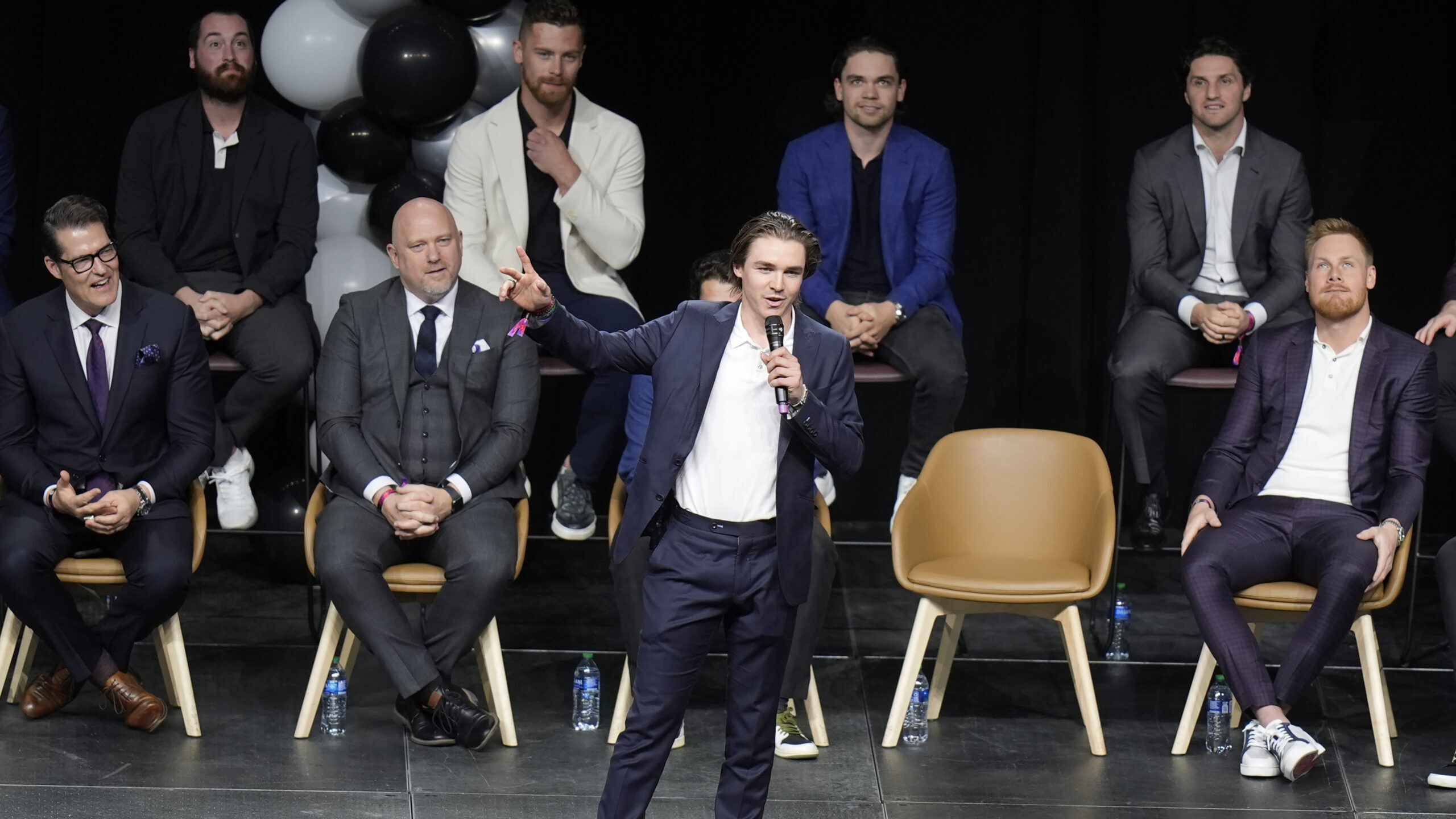
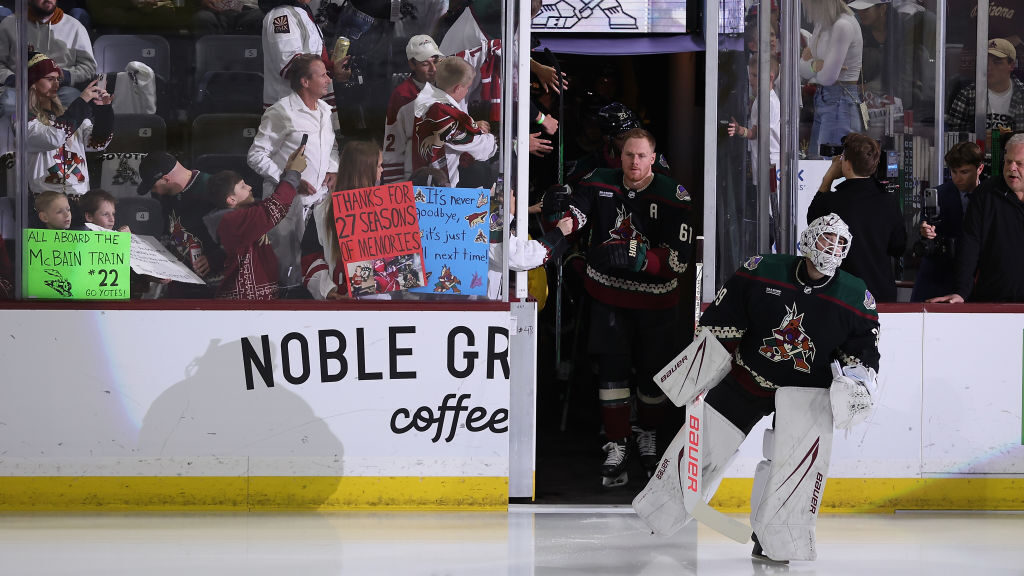
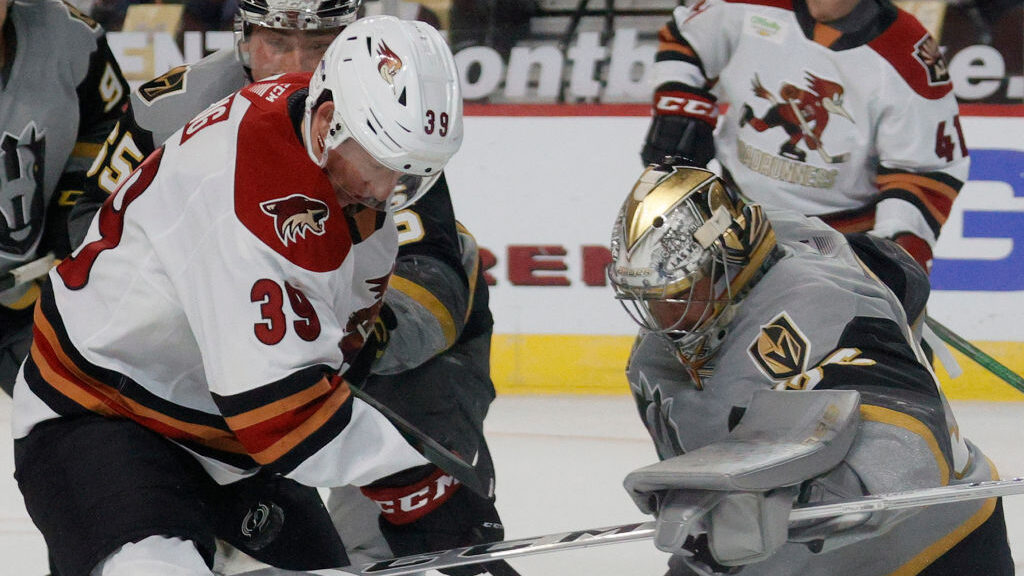
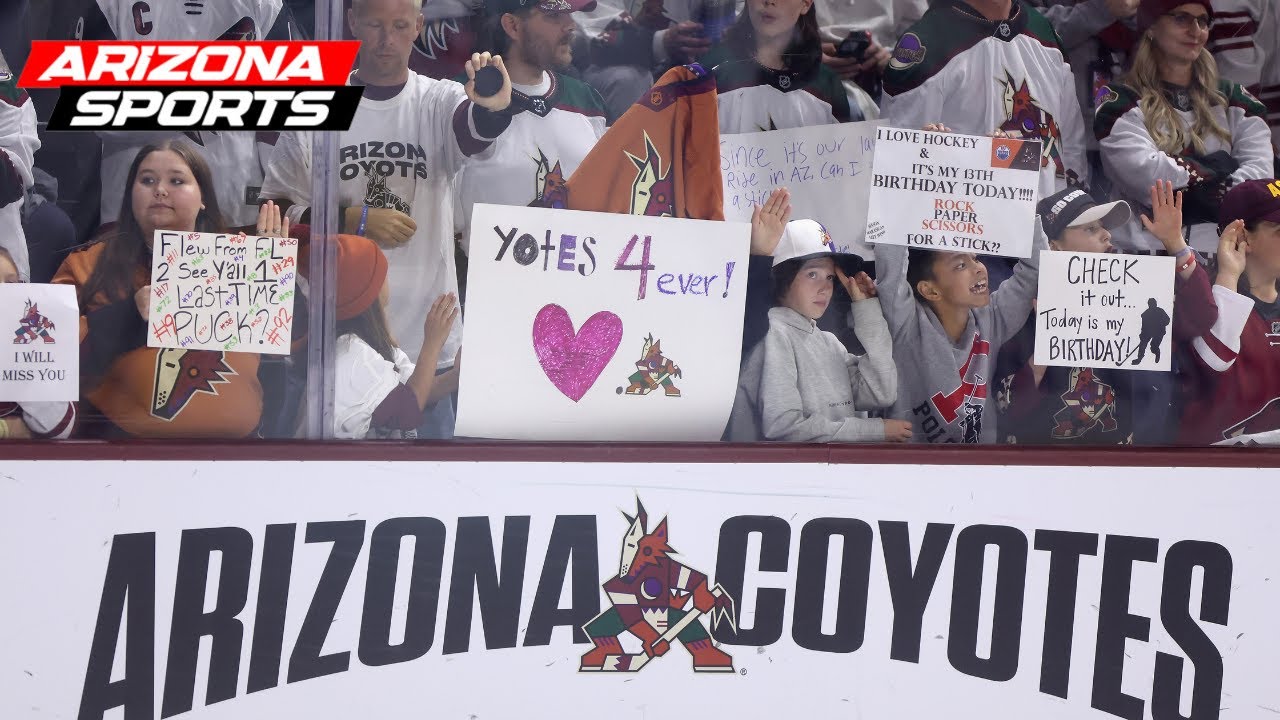
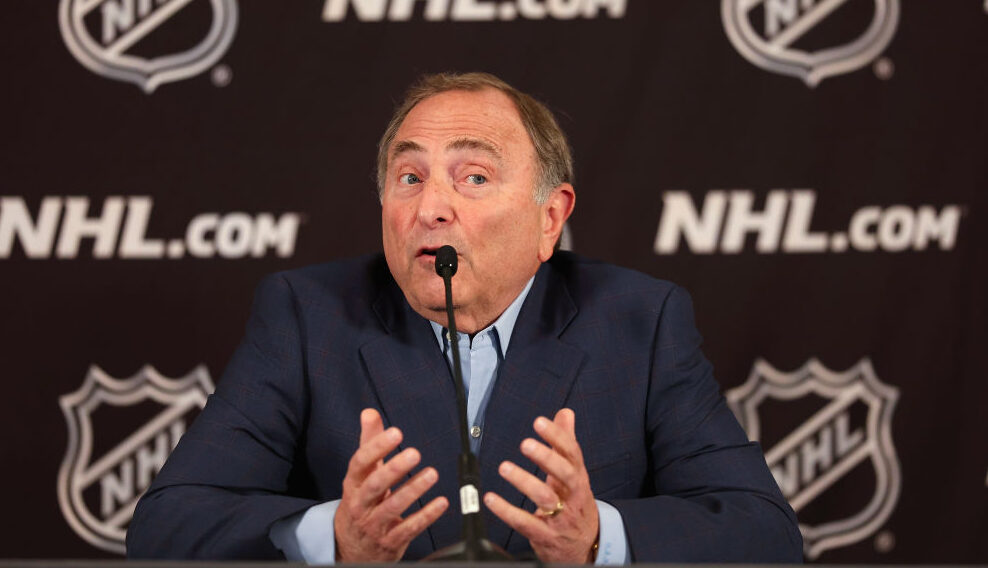
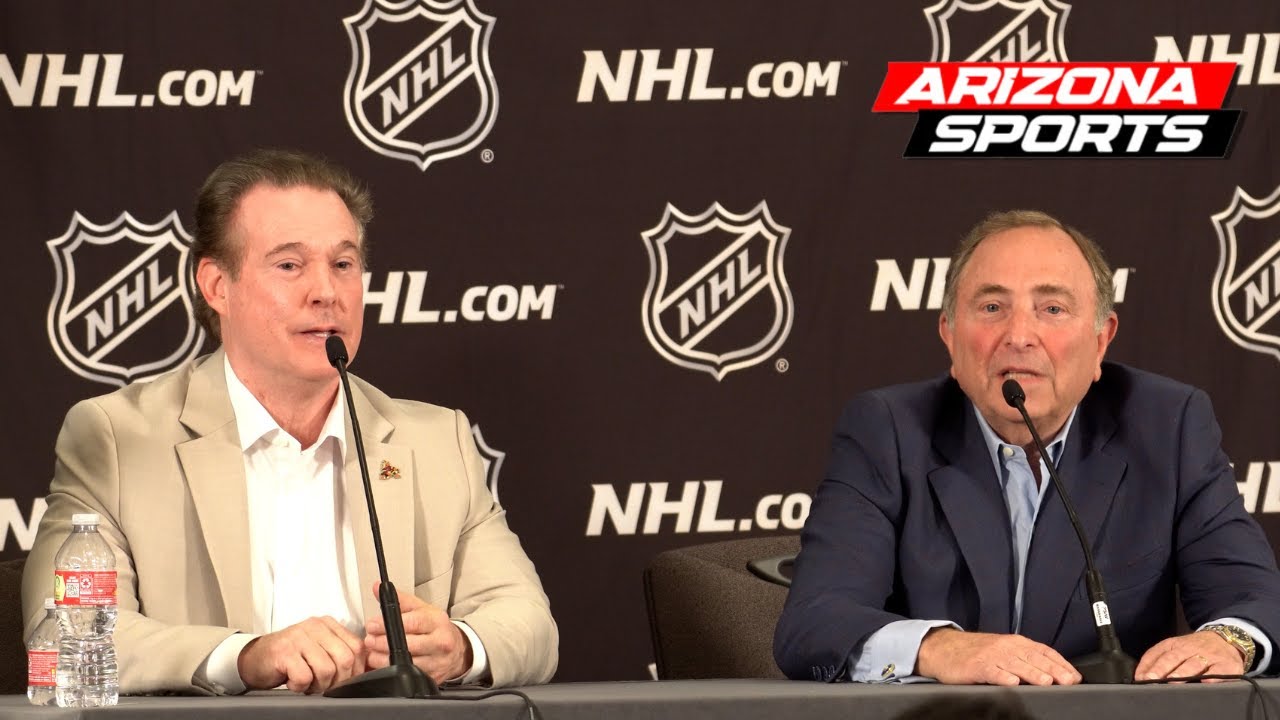
Comments